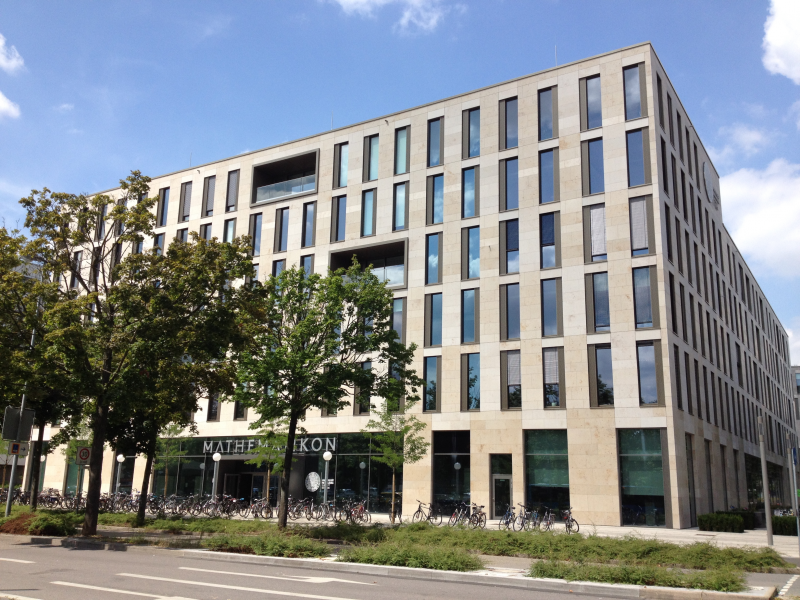
Gegründet wurde das Institut für Informatik an der Universität Heidelberg im Jahr 1999. Seit 2016 sind die Arbeitsgruppen des Institutes gemeinsam mit dem Institut für Mathematik und dem Interdisziplinären Zentrum für wissenschaftliches Rechnen (IWR) im Mathematikon untergebracht.
Das Institut für Informatik bietet zahlreiche Lehrveranstaltungen an, die die Basis einiger Bachelor- & Masterstudiengänge bilden - Beschreibungen zu diesen Studiengängen finden Sie auf https://www.informatik.uni-heidelberg.de/studium.
Die von unseren Arbeitsgruppen betriebene Forschung in der Informatik wird auf https://www.informatik.uni-heidelberg.de/forschung näher beschrieben.
